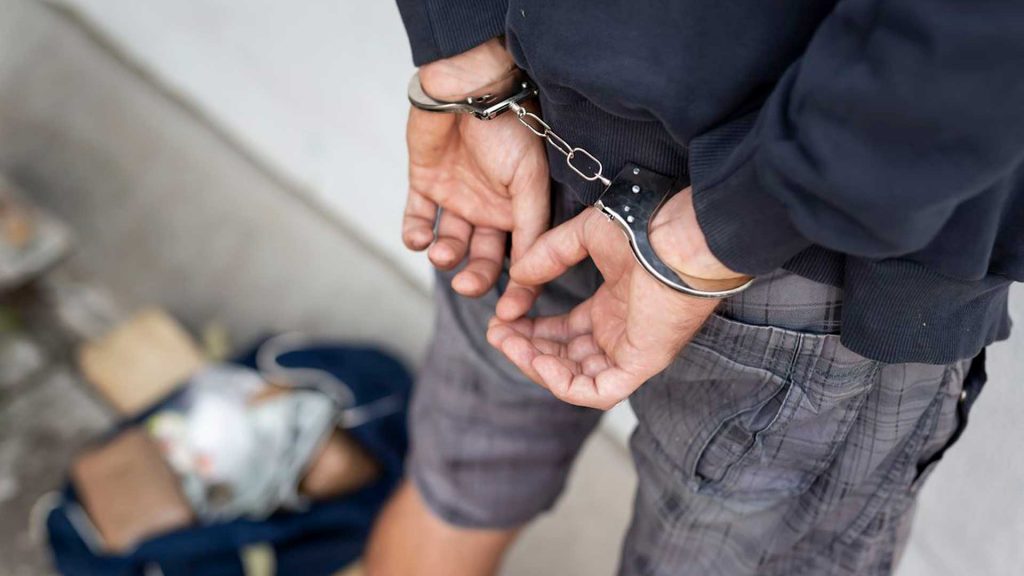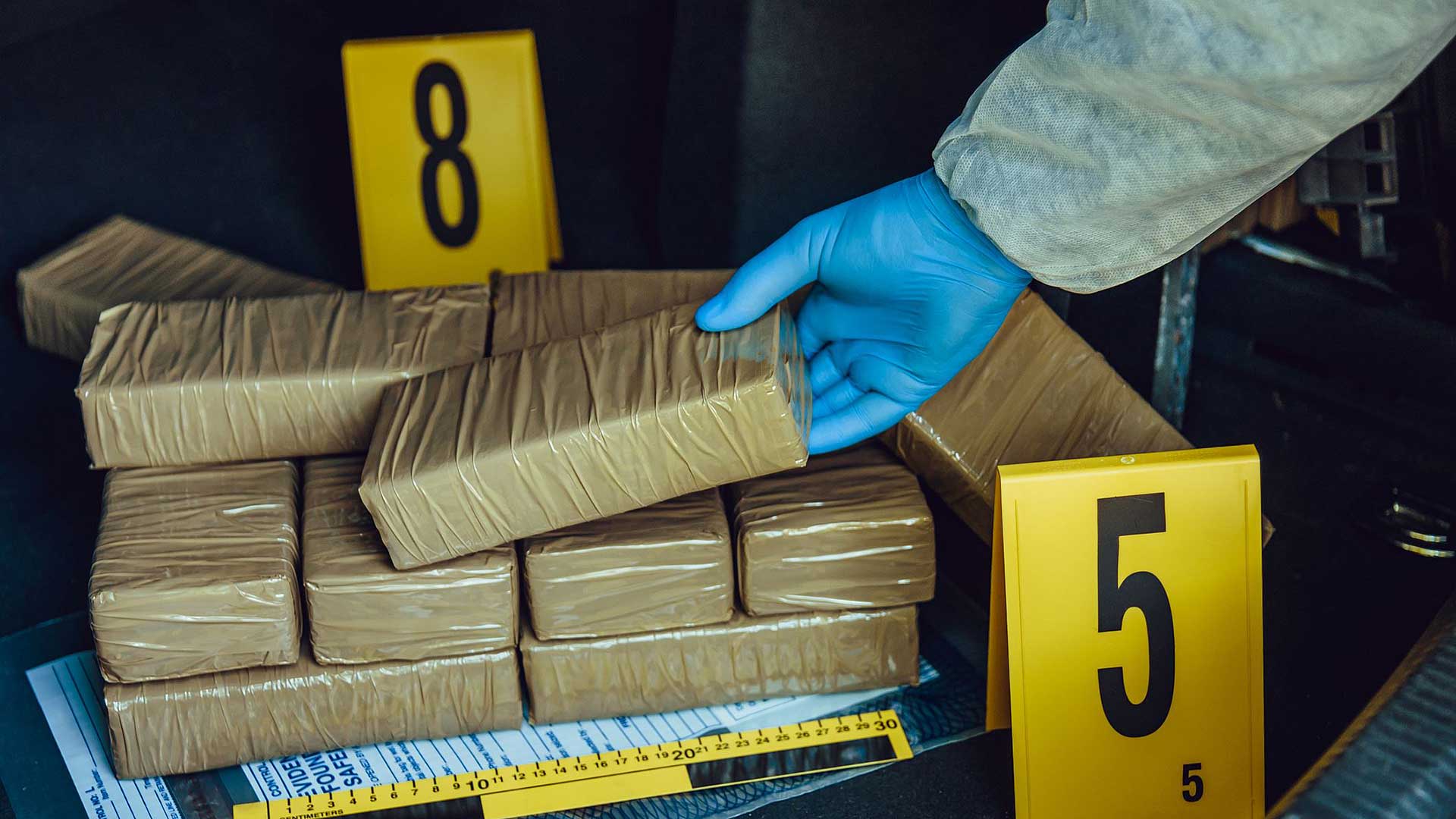The Law Office of William B. Bennett Explains What Can Qualify As A Possible Drug Crime in Florida
A drug crime in Florida includes a wide range of offenses such as drug possession, trafficking, manufacturing, prescription fraud and possession with intent to sell. Anyone arrested for drug-related activities in St. Petersburg or the greater Tampa Bay area should contact a skilled criminal defense attorney to protect their rights under Florida law.
Are There Different Types Of Drugs Crimes In Florida?
Florida law defines drug crimes as violations that involve controlled substances listed in state drug schedules. Common drug crimes include:
- Possession: Having illegal drugs or controlled substances for personal use without a valid prescription. Possession may be charged as a misdemeanor or felony, depending on the drug type and quantity.
- Trafficking: The sale, purchase, manufacture, delivery, or introduction of large amounts of drugs into the state. Trafficking is a felony with mandatory minimum prison terms based on drug type and quantity.
- Manufacturing: Producing or cultivating illegal substances, such as methamphetamine labs or unregistered marijuana grow operations. Manufacturing is a felony offense with severe penalties.
- Prescription Fraud: Acquiring prescription medications using deceitful methods, including forgery or doctor shopping. This crime is aggressively prosecuted in Florida and can result in felony charges.
- Possession with Intent to Sell: Having controlled substances alongside evidence suggesting intent to distribute, such as packaging materials or large sums of cash. This is considered a felony in Florida.

Florida Drug Crime Statutes and Penalties
Drug offenses are classified by degree according to the type and amount of the substance:
- First-degree felony (e.g., trafficking large amounts): Up to 30 years in prison and fines up to $10,000, with mandatory minimums for serious offenses.
- Second-degree felony (e.g., manufacturing, possession with intent): Up to 15 years in prison and $10,000 in fines.
- Third-degree felony (e.g., possession of certain drugs): Up to 5 years in prison and $5,000 in fines.
- First-degree misdemeanor (e.g., possession of under 20g cannabis or paraphernalia): Up to 1 year in jail and $1,000 in fines.
Florida Statute §893.13 covers most drug crimes, with mandatory prison for many trafficking offenses and specific penalties depending on the controlled substance’s schedule. For prescription drugs like oxycodone or Xanax, possession without a valid prescription—even in small amounts—can still result in felony charges.
Why Legal Representation Matters
Florida drug crimes made up more than one-third of all criminal offenses statewide in 2023, with powder cocaine, methamphetamine, and fentanyl as the most common substances involved. Drug trafficking convictions overwhelmingly outnumber simple possession cases, reflecting Florida’s strict enforcement against distribution and manufacturing offenses.
As a result, Florida aggressively prosecutes drug crimes, and penalties are severe. Convictions often include mandatory prison or felony records that can permanently impact one’s future. At The Law Office of William B. Bennett, depending on the case, we can work to challenge the charges, argue for reduced penalties, negotiate for diversion programs like drug court, and fight for expungement if eligible.
Anyone facing drug charges can seek the help of a criminal defense attorney at The Law Office of William B. Bennett. Call (727) 821-8000 today for help or contact us on our website here. We are very familiar with Florida’s legal system and can help develop a strong defense and protect one’s rights.
Tagged with: Cocaine, Drug Crime, Fentanyl, Marijuana, Oxycodone, Possession, Prescription Fraud, Trafficking, Xanax
Posted in: Drug Crime

